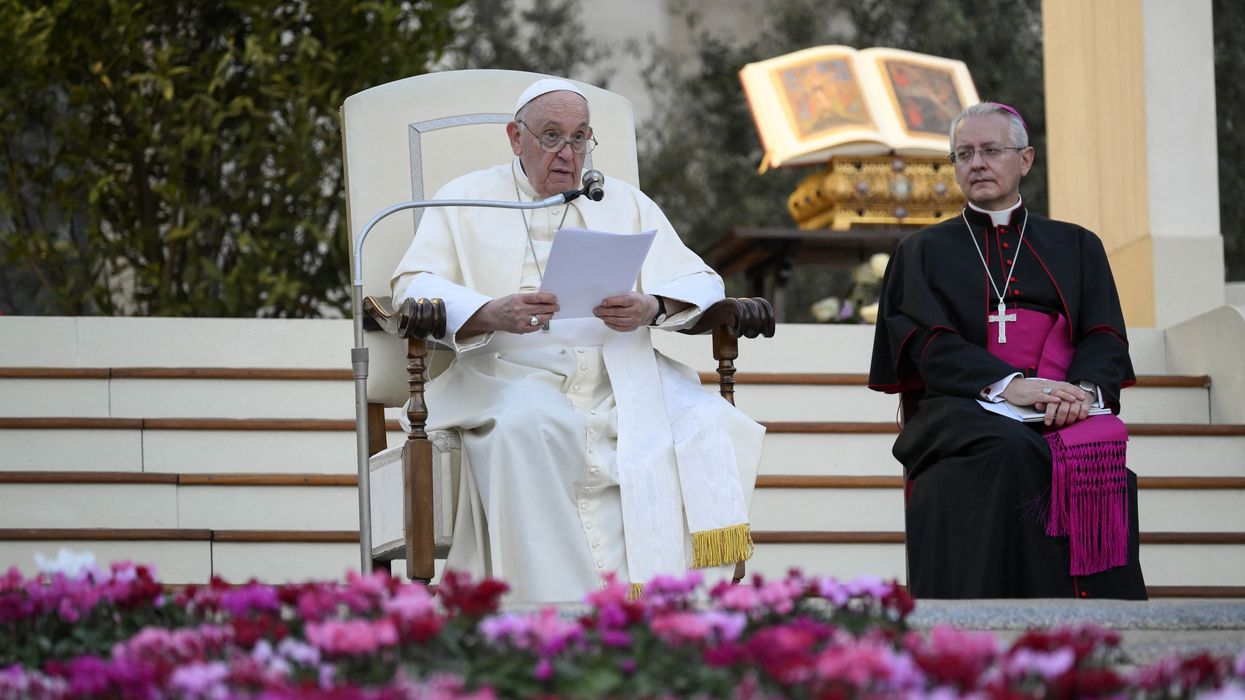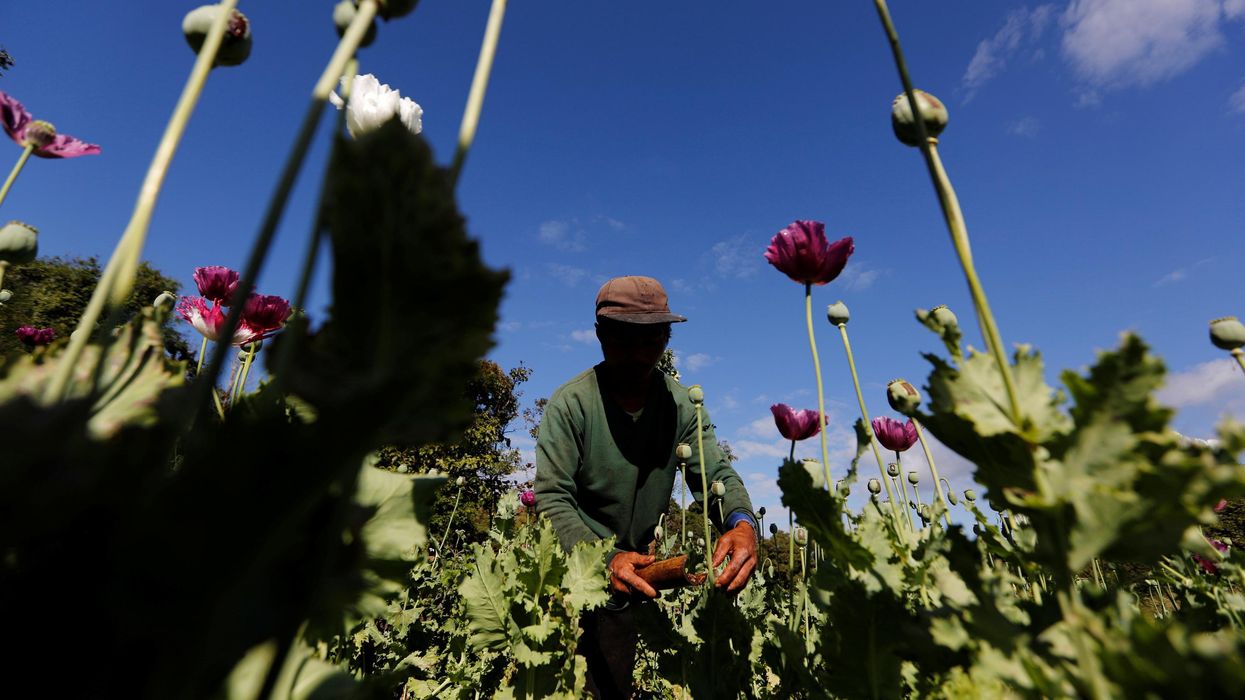News
The times they are a-changin’ – is the Catholic Church?
On Wednesday, Pope Francis is convening a massive meeting of Church officials and ordinary Catholic faithful — including women for the first time ever — to discuss and vote on how the Church can find common ground on a number of divisive issues, from LGBTQ+ recognition to divorce to the role of women.
Oct 03, 2023


